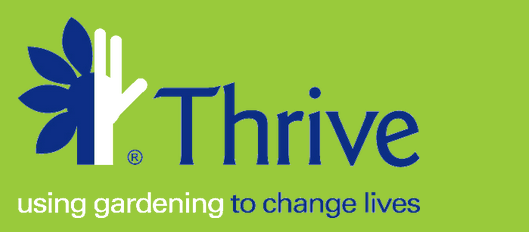Horticultural Therapy
Spring is hopefully just around the corner and so is a great prompt to introduce Horticultural Therapy to Hay Farm. We have such a beautiful setting here, with 12 acres of farm land, so it is perfect for those who feel that this therapy might help them.
Horticultural Therapy is an active process which engages individuals to connect with nature as a way of healing themselves. It is the use of gardening as a client-centred therapeutic tool to promote physical, cognitive, emotional and spiritual well-being.
Throughout time, gardens have always been revered as a place of tranquility and peace and also considered as aesthetic expressions of beauty through art and nature. Just as we feel refreshed when walking through a forest or a field of flowers and experience a sense of joy when spring blooms, it is not hard to imagine how helping things grow and transforming an empty pot, field or land to a place of beauty can be very rewarding.
Among the many listed benefits of Horticultural Therapy such as enhancing positive mental attitude, reducing stress, alleviating depression, enhancing self-confidence, promoting gratification, developing cognitive skills and improving decision making, you are sure to discover your own unique benefits.

Thrive is a national charity in the UK that is established to promote the use of horticulture and champion its benefits as a therapeutic method. Should you like to find out more information on this alternative therapy method, I particularly recommend their PDF article on the mood-boosting power of gardening which you can download here. Thrive also offers advice and practical solutions for individuals with varying abilities and interests.
Horticultural Therapy probably has more of a footing in long term care facilities and hospitals where people are likely to be staying for extended periods but even in a few short weeks that people stay with us there are plenty of projects they can experience.
This type of therapy is so flexible that there is an opportunity for everyone to express their creativity, try new things, and derive a sense of fulfillment and belonging. We are trying to offer short and long term projects from seeing seedlings grow quickly or flowers come out and bloom in propagation boxes on the window sills, through to longer term projects of growing organic vegetables and maturing particular flowers or plants.
In these later cases, clearly they are going to take a long time to develop so we have come up with the idea of passing on the plants when someone leaves. Each plant has a label stick with the first name of the patient who plants it and then each subsequent owner writes their name below. This way, anyone in the programme can have a mixture of new quick growing plants and also plants that they pass along to others. It can be a particularly special experience to former patients who can drop by for a visit and reflect on how far they have come along and grown since they first came.
When I was recovering from a terrible depressive episode I found making things and growing things particularly helpful. It was as if, with all the turmoil going on in my head, at least there was some difference I could see that I had made on this earth from one day to the next. Feeling so unstable, it was good to get back to some basics.
On the gardening staff we have the expert assistance of David Prime, here proudly showing us some of the newly planted vegetables in our wonderful greenhouse. We look forward to posting new updates as the plants grow.
